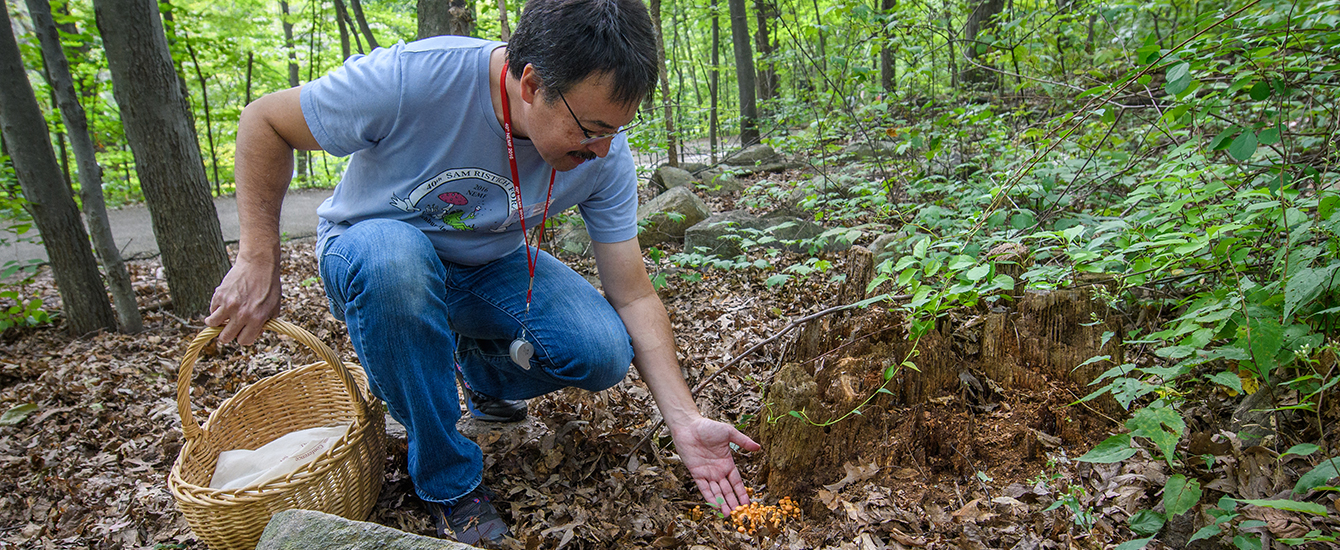Biology
The Evolution of Positive Allometry of Weaponry in Horned Lizards (Phrynosoma)
Abstract
The allometry of weapons and other conspicuous structures has long fascinated biologists. Recently, a debate has arisen about the roles of sexual and natural selection in driving the allometry of structures, with some authors suggesting that positive allometry is exclusively the result of sexual selection. Although some studies, often focusing on weapons, support this hypothesis, others have shown that many naturally selected structures also exhibit positive allometry. We study the allometry of the cranial horns in 14 species of horned lizards (Phrynosoma). These horns are purely defensive weapons and so are under natural, as opposed to sexual, selection. In almost all cases, the length of these horns is positively allometric through ontogeny (intraspecifically) and through evolution (interspecifically). Our findings demonstrate that positive allometry can be the product of natural selection, suggesting that the function of structures may dictate allometry and not the type of selection. For example, it is possible that weapons tend to be positively allometric. Our findings also suggest that longer horns may arise through the prolongation of horn growth, and that the horns that are most effective at defense from predators attacking a lizard from above are integrated with one another. Finally, we find that species with unusual horn morphologies have diverged from other species in their horn allometries, indicating that the evolution of morphological diversity can be mediated through the evolution of allometry. © 2011 Springer Science+Business Media, LLC.



